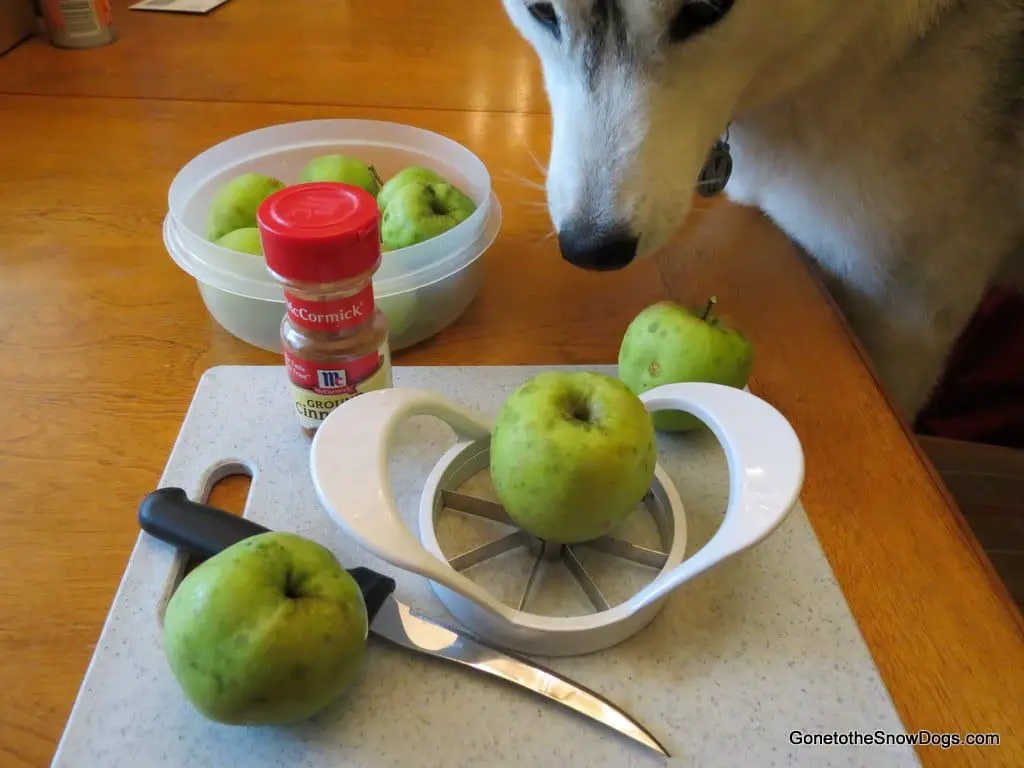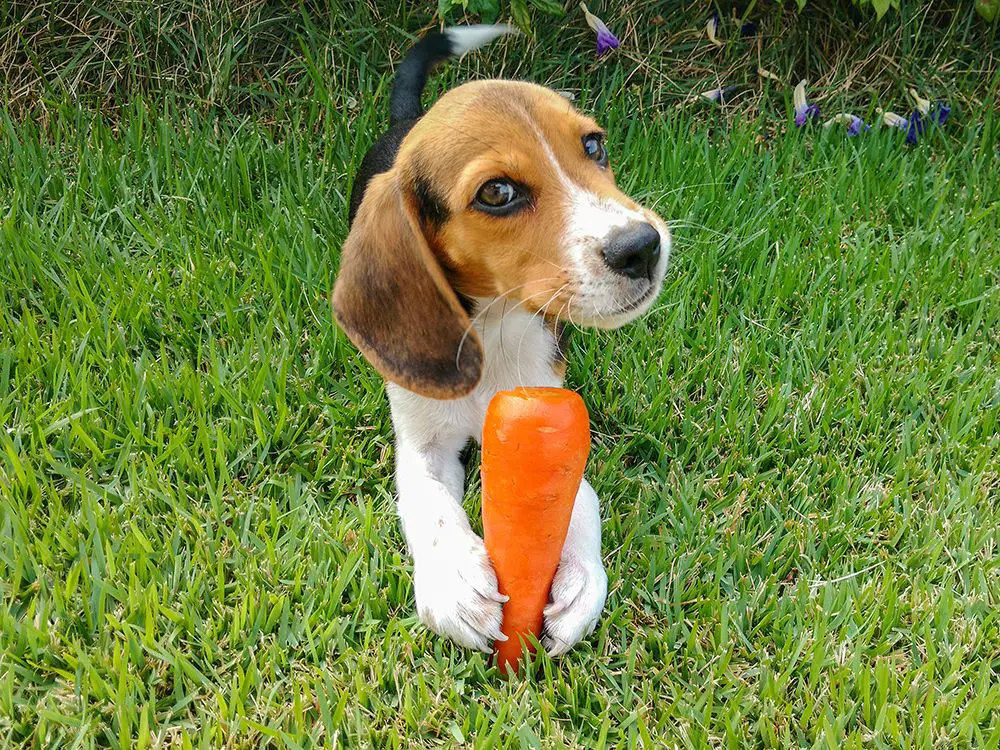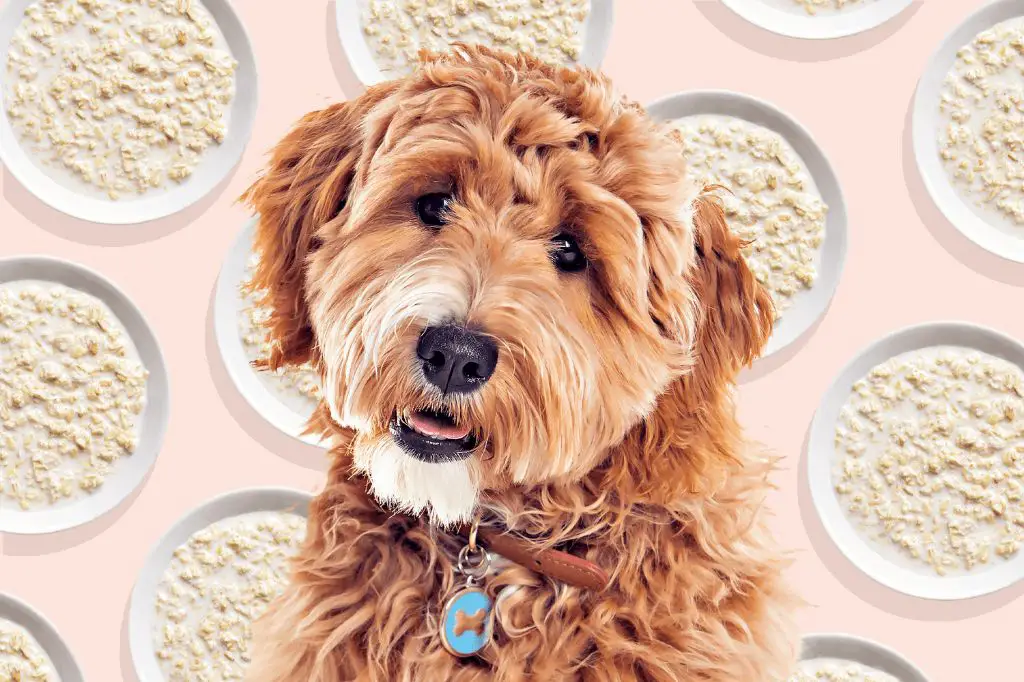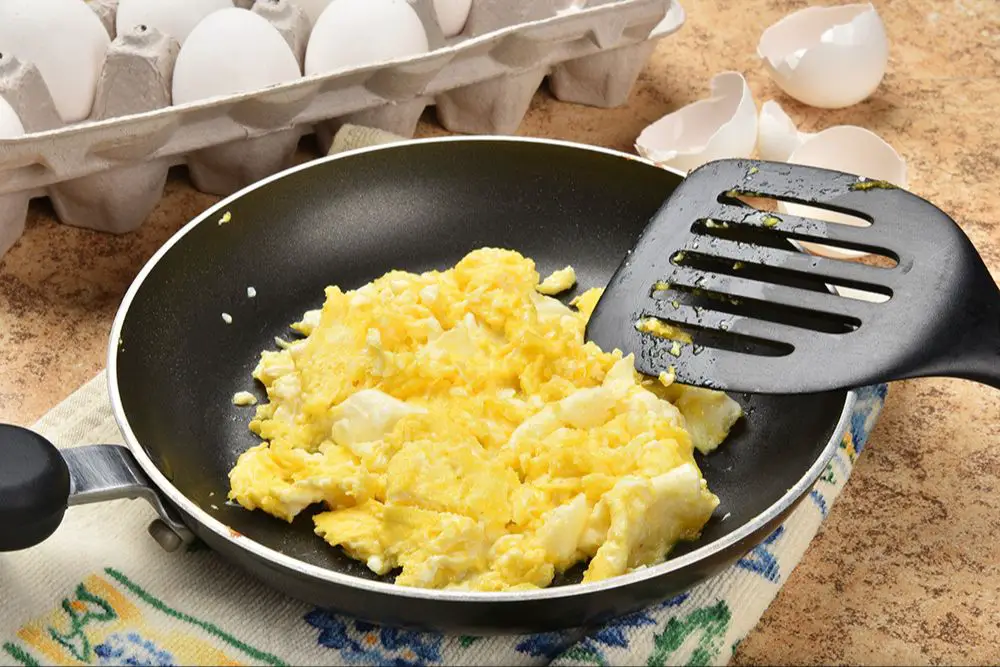Introduction
What people can and cannot feed their dogs is an important topic for all pet owners. While many human foods are perfectly safe for dogs, some can be harmful or even toxic. Knowing which everyday foods are safe helps dog owners ensure their pets get variety in their diets while avoiding foods that could cause them harm.
Providing a nutritious and balanced diet is key to keeping dogs healthy and happy. Though commercial dog foods provide complete nutrition, supplementing with certain human foods can provide extra nutrients and variety. Human foods also allow owners to show love through treats and share special moments with their dogs.
This guide covers the most common everyday human foods, examining nutritional value for dogs, benefits, and any risks or dangers associated with each. With this knowledge, dog owners can make informed choices to give their pets safe, healthy, and delicious additions to their regular diets.
Fruits
Fruits can be a healthy treat for dogs. Many of them provide vitamins, minerals, and fiber. However, some fruits may cause stomach upset or toxicity, so moderation is key.
Fruits that are safe for dogs include:
- Apples – An apple a day is great for dogs too. Be sure to remove the core and seeds first, as they contain toxins.
- Bananas – Loaded with potassium and vitamin B6. The high sugar content means give them as an occasional treat.
- Blueberries – Low in calories and high in antioxidants. Frozen blueberries make a cooling summer treat.
- Cantaloupe – Hydrating and nutritious. Just don’t let them eat the rind or seeds.

Fruits to avoid giving dogs include:
- Grapes & Raisins – Can cause kidney failure in dogs.
- Cherries – The pit contains cyanide, which is toxic.
- Citrus Fruits – Too acidic for dogs. Can cause vomiting and diarrhea.
As with any new food, introduce fruits slowly and in moderation to check for allergies. Chop larger fruits into bite-sized pieces to prevent choking. Overall, fruits make a tasty and healthy snack in limited amounts.
Vegetables
Vegetables make a healthy addition to your dog’s diet when chosen carefully. Many veggies provide important vitamins, minerals, and fiber. However, some vegetables are toxic or difficult for dogs to digest.
Safe vegetables for dogs include:
- Carrots
- Broccoli
- Green beans
- Cucumbers
- Sweet potatoes
- Pumpkin

Vegetables to avoid giving dogs include:
- Onions
- Garlic
- Avocado
- Rhubarb
- Mushrooms
When introducing new veggies, go slow to check for any digestive upset. Also be sure to cut foods into bite-size pieces and always avoid cooked bones, as they can splinter.
Grains
When it comes to grains, moderation is key for dogs. Many types of grains and grain-based foods are safe for dogs to eat, but they should be provided in limited quantities. An excess of grains in a dog’s diet can lead to weight gain and digestive issues.
Some examples of grains that are generally safe for dogs include:
-
Oatmeal – Oatmeal is a great source of soluble fiber, which can improve digestion and help regulate blood sugar. Look for plain oatmeal without added sugar.
-
Brown rice – Brown rice is a nutritious whole grain that is lower in fiber than oatmeal. It should be well-cooked before serving.
-
Barley – Barley is rich in vitamins, minerals, and fiber. It should be served in moderation to avoid gastrointestinal upset.
-
Quinoa – This healthy ancient grain provides protein in addition to carbohydrates. It should be rinsed before cooking to remove natural coatings.

On the other hand, some grains are unsafe or should be avoided for dogs, such as:
-
Xylitol – This sugar substitute found in many baked goods can be toxic to dogs.
-
Raw dough – The uncooked yeast can expand in a dog’s stomach and cause serious issues.
-
Corn – Whole corn is fine, but heavily processed corn products provide little nutritional value.
When feeding grains, moderation is key. Stick to nutritious whole grains and avoid unhealthy additives and preservatives.
Dairy
Dairy products like cheese, yogurt, and milk can be part of a balanced diet for dogs. However, some dairy foods are safer for dogs than others.
Cheeses like cheddar, mozzarella, and Swiss are typically fine for dogs to eat in small to moderate quantities. Just be sure to avoid cheeses with added seasonings or ingredients. Plain yogurt and kefir are also usually well-tolerated options, as the lactose has been broken down during the culturing process. This makes it easier for dogs to digest. Plus, yogurt provides probiotics that support healthy digestion.
On the other hand, dogs should avoid dairy products like ice cream, chocolate milk, and flavored yogurts with artificial sweeteners. While small amounts of regular milk won’t necessarily harm dogs, many are lactose intolerant. This means milk and milk-based products can cause diarrhea, gas, and stomach upset.
If introducing dairy to your dog’s diet, do so slowly and in small amounts to watch for any adverse reactions. Discontinue immediately if you notice symptoms like vomiting, diarrhea, or excessive gas.
Meats
Lean meats like chicken, turkey, beef, and pork can be healthy and safe options for dogs to eat in moderation. Meats are a good source of protein and nutrients for dogs. However, it’s important to avoid fatty cuts of meat, processed meats with nitrates/nitrites, heavily seasoned meats, and raw meats which carry risks of bacteria.
Some specific meats that are safe for dogs include:
- Chicken or turkey breast
- Lean ground beef or pork
- Beef liver or giblets
- Salmon and other fish (cooked)
Meats to avoid giving dogs include:
- Fatty cuts with excess fat or skin
- Heavily seasoned meats
- Raw meat and fish
- Processed meats like bacon, sausage, ham
- Bones which can cause choking or internal injury
When preparing meats for your dog, stick to plain, lean options and remove any bones or fatty pieces. Cook meat thoroughly and cut into bite-sized portions for your dog. Feed meats in moderation along with a balanced diet.
Nuts
Nuts can be a healthy snack for dogs in moderation. Many nuts contain beneficial nutrients like healthy fats, fiber, vitamins, and minerals. However, some nuts may cause stomach upset or toxicity in dogs, so it’s important to choose nuts wisely.
Nuts that are generally safe for dogs include peanuts, almonds, cashews, walnuts, and macadamia nuts (in small amounts). These provide protein, fiber, vitamin E, magnesium, and healthy fats. Start with small portions and monitor your dog for any gastrointestinal issues.
Avoid nuts high in salt or sugar, like honey roasted peanuts or chocolate covered almonds. Also do not feed dogs raw almonds, as they contain toxins that are neutralized during roasting. Pecans are high in fat and may cause pancreatitis.
Never give dogs macadamia nuts, as these contain a toxin that can cause weakness, vomiting, tremors and hyperthermia in dogs. Even just a few macadamia nuts can be dangerous.
In general, give nuts in moderation as high fat foods can cause pancreatitis in dogs. Introduce new nuts slowly and monitor for signs of stomach upset. Chop nuts into bite-size pieces to prevent choking hazards.
Other Human Foods
In addition to fruits, vegetables, grains, dairy, meats, and nuts, there are several other types of human foods that dogs can safely eat in moderation.
Some examples of other people foods dogs can eat include:
- Eggs – Scrambled, hard boiled, or cooked eggs are perfectly safe for dogs and provide protein and vitamins.
- Fish – Cooked fish like salmon, cod, and tuna are good sources of protein and omega-3 fatty acids.
- Peanut butter – Skip brands with xylitol and give plain peanut butter in small amounts as an occasional treat.
- Popcorn – Plain popcorn is fine, but avoid butter, salt, and artificial flavors.
- Honey – Small amounts of pure honey can be used to sweeten food for dogs, but avoid giving it on its own.

On the other hand, some human foods dogs should avoid include:
- Chocolate – Contains theobromine, which is toxic to dogs.
- Raw dough – Can expand in the stomach and cause bloating and distress.
- Grapes and raisins – Can cause kidney failure in dogs.
- Onions and garlic – Contains compounds that can damage red blood cells in dogs.
- Macadamia nuts – Can cause weakness, vomiting, tremors, and hyperthermia.
It’s important to consult your veterinarian if you are ever unsure about what people foods are safe for your dog to eat.
Treats
Dog treats can be a fun and rewarding part of your dog’s diet when given in moderation. While treats should only make up 10% or less of your dog’s daily caloric intake, they provide mental stimulation and reinforce positive behaviors through training.
When selecting treats for your dog, check the ingredient list for quality components. Look for treats made primarily from meat, fish, eggs, or plant-based proteins. Avoid treats with artificial preservatives, colors, and flavors. Homemade treats made from simple, natural ingredients are often healthier than mass-produced commercial treats.
Some nutritious treat options include:
- Chicken or turkey jerky
- Freeze-dried meat
- Fruit and vegetable pieces
- Peanut butter
- Beef liver
- Carrots
- Pumpkin
Always break treats into small pieces so your dog does not consume too many calories at once. And be mindful of any known allergies or sensitivities your dog may have.
Used appropriately, treats are a safe way to show your dog love while also providing mental engagement. Just be sure to count treats as part of your dog’s daily diet.
Conclusion
In summary, there are many everyday human foods that are safe for dogs to consume in moderation. Fruits like apples, bananas, strawberries are full of nutrients and fiber. Vegetables like carrots, green beans, sweet potatoes provide vitamins and minerals. Lean meats like chicken, turkey, fish are excellent protein sources. Dairy products like plain yogurt and cheese can be given occasionally. Foods like bread, rice, pasta and oats offer carbohydrates for energy. Healthy snacks like peanut butter and plain popcorn make tasty treats. It’s important to introduce new foods gradually and be aware of any individual intolerances. The key is variety and moderation – with a balanced diet, dogs can enjoy a wide range of everyday human foods alongside their regular dog food. By understanding what’s safe and unsafe, dog owners can make informed choices when sharing meals and treats with their furry friends.